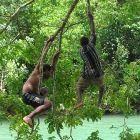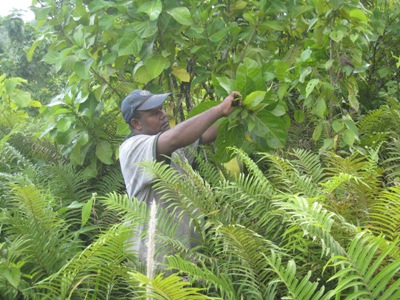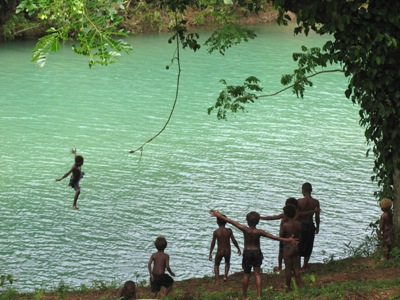Profile

- Research Subject
Sociological study on nature, community, environmental policy and participation. Development sociological study on migration, livelihood and labour in the Solomon Islands.
- Research Fields
- environmental sociology, development sociology, regional sociology
- Faculty - Division / Research Group / Laboratory
- Division of Human Sciences / Research Group of Regional Science / Laboratory of Regional Science
- Graduate School - Division / Department / Laboratory
- Division of Human Sciences / Department of Regional Science / Laboratory of Regional Science
- School - Course / Laboratory
- Division of Humanities and Human Sciences / Course of Human Sciences / Laboratory of Regional Science
- Contact
Office/Lab: E202
TEL: +81-11-706-4150
FAX: +81-11-706-4150
Email: miyauchi(at)let.hokudai.ac.jp
Replace “(at)” with “@” when sending email.Foreign exchange students who want to be research students (including Japanese residents) should apply for the designated period in accordance with the “Research Student Application Guidelines”. Even if you send an email directly to the staff, there is no reply.- Related Links
Lab.letters


Shedding light on small communities based on information obtained through field work
The discipline of environmental sociology arose in Japan as a reaction to the environmental catastrophe of Minamata disease. It addresses the environment not through conventional scientific approaches, but from the perspective of social mechanisms. It’s particularly important that researchers in this field should hold the same perspectives as held by ordinary people.
Our research is largely based on field work. Students experience the profundity and fascination of field work through a series of experiences, including prior information gathering, onsite relationship-building, interviews and after-action analyses. Our ultimate goal is to highlight affairs and issues happening in actual small communities, not in society as a whole as seen in the media.
The diversity of a university has become a new incentive for conducting the next research.
A research environment complete with human resources and facilities
Hokkaido University, which is blessed with the advantages specific to a university, is an ideal learning environment for environmental sociologists. With various research realms related to the environment, the university has a surprising number of researchers specializing in natural science and social science. Symposiums and seminars that have fused various fields are frequently held, providing opportunities where participants can learn about new incentives for working on the next research.
The university also has a vast, precious library collection, including documents from the prewar period, in which I was able to find literature I’d long been looking for. The latest facilities that allow researchers to read electronic journals are available. The finest research environment in Japan, one blessed with excellent human resources and advanced facilities, will encourage aspiring students to become involved in research on sociology.
Message
We welcome students who are motivated to conduct sociological research related to the environment and local communities. My laboratory conducts sociological research on community regeneration and the conservation of nature and landscape as well as that on socio-ecological systems and life history.
Students in a master’s program study sociological theories related to the environment and communities as well as qualitative research methods. They are supposed to set their own research themes, conduct fieldwork and work on master’s papers. They also learn about theories and methods through seminars, workshops and private guidance to complete their master’s theses. The laboratory of regional science has fieldworkers specializing in sociology, ecology and geography, enabling students to interact with each other.
Undergraduate students conduct fieldwork in seminars and read literature related to community development. They also learn how to analyze qualitative data. We cordially welcome students who are interested in fieldwork, nature and communities.




